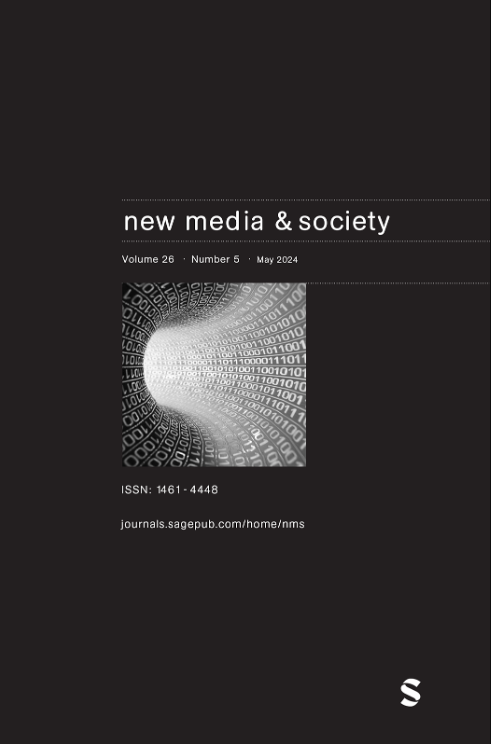“我想我之前说错了。我的坏!:探索生成式人工智能工具如何利用社会的情感规则
IF 4.3
1区 文学
Q1 COMMUNICATION
引用次数: 0
摘要
生成式人工智能(GenAI)工具表现出细心和同理心,可以迅速赢得用户的信任。因此,试图复制人类反应的基因人工智能工具有可能误导和欺骗人们。本文研究了三种GenAI工具如何在不同的背景下模拟可信的情绪反应:OpenAI的ChatGPT,国家饮食失调协会的Tessa和Luka的Replika。该分析使用Hochschild的感觉规则概念来探索这些工具如何利用、加强或违反人们关于适当和可信的情感表达的内化社会准则。我们还研究了GenAI开发人员自己的信念和意图如何造成潜在的社会危害并与用户发生冲突。结果表明,虽然GenAI工具遵循基本的感觉规则——例如,当发现错误时道歉——但这种能力本身可能无法维持用户的兴趣,特别是当工具无法产生有意义的、准确的信息变得无法忍受时。本文章由计算机程序翻译,如有差异,请以英文原文为准。
‘I think I misspoke earlier. My bad!’: Exploring how generative artificial intelligence tools exploit society’s feeling rules
Generative artificial intelligence (GenAI) tools that appear to perform with care and empathy can quickly gain users’ trust. For this reason, GenAI tools that attempt to replicate human responses have heightened potential to misinform and deceive people. This article examines how three GenAI tools, within divergent contexts, mimic credible emotional responsiveness: OpenAI’s ChatGPT, the National Eating Disorder Association’s Tessa and Luka’s Replika. The analysis uses Hochschild’s concept of feeling rules to explore how these tools exploit, reinforce or violate people’s internalised social guidelines around appropriate and credible emotional expression. We also examine how GenAI developers’ own beliefs and intentions can create potential social harms and conflict with users. Results show that while GenAI tools enact compliance with basic feeling rules – for example, apologising when an error is noticed – this ability alone may not sustain user interest, particularly once the tools’ inability to generate meaningful, accurate information becomes intolerable.
求助全文
通过发布文献求助,成功后即可免费获取论文全文。
去求助
来源期刊

New Media & Society
COMMUNICATION-
CiteScore
12.70
自引率
8.00%
发文量
274
期刊介绍:
New Media & Society engages in critical discussions of the key issues arising from the scale and speed of new media development, drawing on a wide range of disciplinary perspectives and on both theoretical and empirical research. The journal includes contributions on: -the individual and the social, the cultural and the political dimensions of new media -the global and local dimensions of the relationship between media and social change -contemporary as well as historical developments -the implications and impacts of, as well as the determinants and obstacles to, media change the relationship between theory, policy and practice.
 求助内容:
求助内容: 应助结果提醒方式:
应助结果提醒方式:


